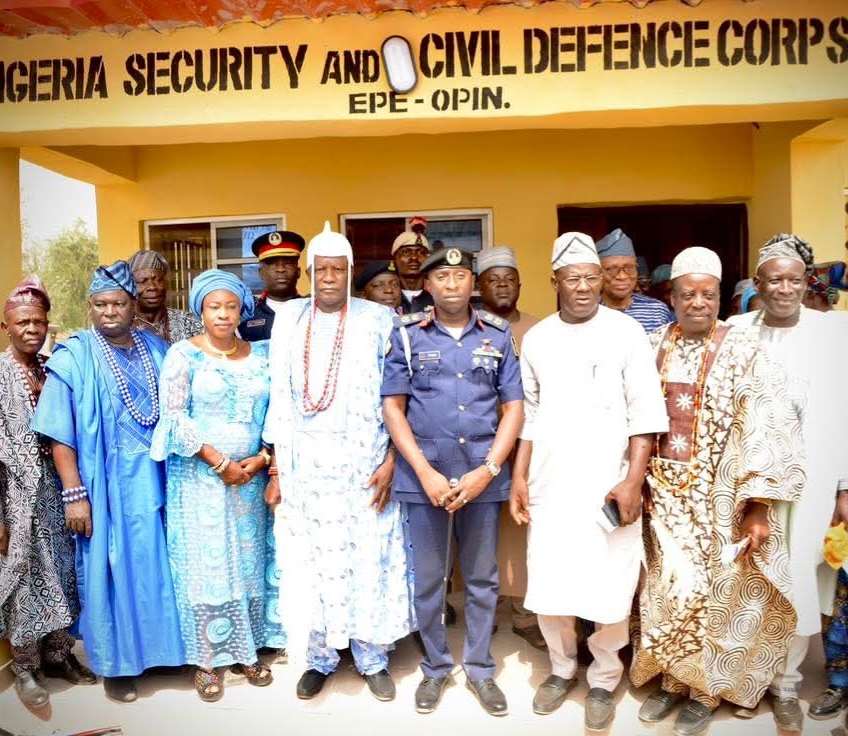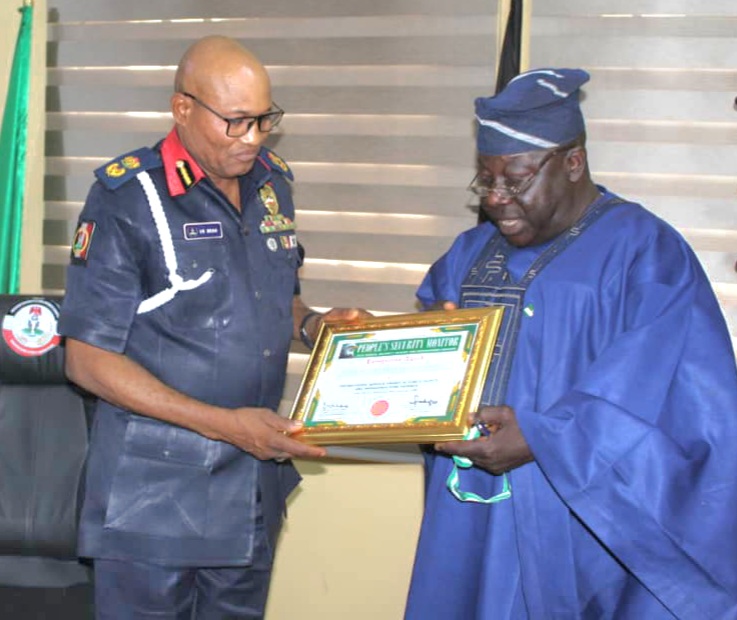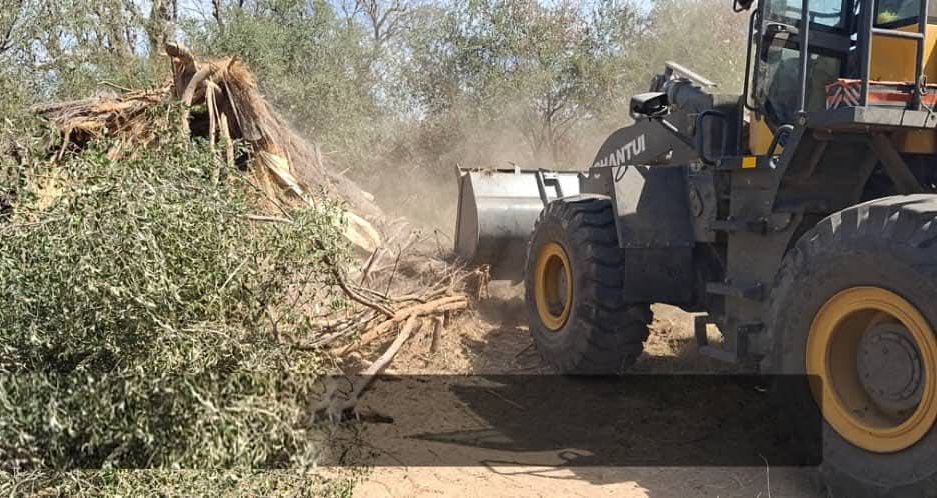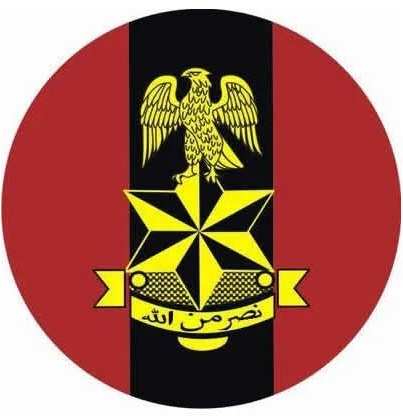Amid growing concerns over low enlistment numbers from the South-East, state governments in the region have intensified efforts to mobilise young people to join the Nigerian Army.
In Enugu, Anambra, and Imo states, authorities are launching grassroots sensitisation campaigns, working through local government chairmen, traditional rulers, and town unions to counter misinformation and logistical barriers.
The renewed push follows repeated complaints about the region’s failure to meet its military recruitment quota, with the separatist Indigenous People of Biafra calling on Igbo youths to shun Army recruitment over alleged marginalisation of the Igbo.
In Enugu, the state government is actively engaging youth through awareness campaigns.
The government has partnered with town union leadership and traditional rulers to encourage local youth to consider military service.
The Special Assistant to the Governor on Media, Mr. Uche Anichukwu, said the government recently organised a sensitization workshop for traditional rulers and local government chairmen, in collaboration with the Nigerian Army.
“The state is currently engaging local government chairmen, traditional rulers, councillors, and town union leadership in various communities to let their youths know the importance of joining the military,” Anichukwu said.
The Commissioner for Youths and Sports, Lloyd Ekweremadu, highlighted that lack of information had been a major challenge, as many people do not know when the military is recruiting.
“We’re also working to address the issue of internet access, as some youths have difficulty accessing computers or the internet to register,” he noted.
To help overcome this barrier, local government chairmen are ensuring that facilities are available to assist with the registration process.
In Imo State, the Commissioner for Information and Strategy, Declan Emelumba, said efforts to raise awareness about the recruitment drive had been stepped up.
Local government chairmen are working closely with traditional rulers to spread the message and encourage youth to join the Nigerian Army.
“We are hopeful that more youths will take advantage of this opportunity to build careers in the military,” Emelumba said. “We urge South-East youths to take their place with pride in the Army.”
Anambra State has also expressed concern over the region’s low military recruitment numbers.
The Public Relations Officer of the Anambra State Ministry of Youth Development, John Chukwu, acknowledged that the state had not met its military recruitment quota for several years.
He explained that town hall meetings had been initiated to engage youth and encourage them to view the military as a viable career option that offers security, pride, and a chance to represent the region at the national level.
Chukwu added that misconceptions about the military, including fears of ethnic bias, have contributed to the low enlistment figures.
He emphasised that the Nigerian Armed Forces remain a national institution that values the contributions of all Nigerians, regardless of their ethnic background.
Despite these efforts, IPOB continues to resist military enlistment.
The group’s spokesman, Emma Powerful, accused the Nigerian Army of bias in its recruitment process, alleging that the South-East was given disproportionately fewer vacancies compared to northern states.
“We will not allow Igbo youths to join the Nigerian Army,” Powerful said. “They recruit us and send us to Boko Haram territories to die.”
Powerful also questioned the lack of Igbo representation in higher military ranks and national institutions, citing the absence of Igbo individuals in key positions such as Chief of Defence Staff, Chief of Army Staff, and Inspector General of Police.
A senior source within the Army, who requested anonymity, confirmed that the military had been actively sensitising youth in the South-East, South-South, and South-West regions.
The source noted that while enlistment numbers from the North have been significant, challenges remain in the South-East, where there has been greater resistance.
“We have organised town hall meetings with community and traditional leaders to encourage enlistment, and we are also utilizing mass media to spread our message,” the source said.
As the recruitment process continues, the Nigerian Army faces the challenge of overcoming misinformation and resistance from groups like IPOB while striving to meet the region’s recruitment targets.





